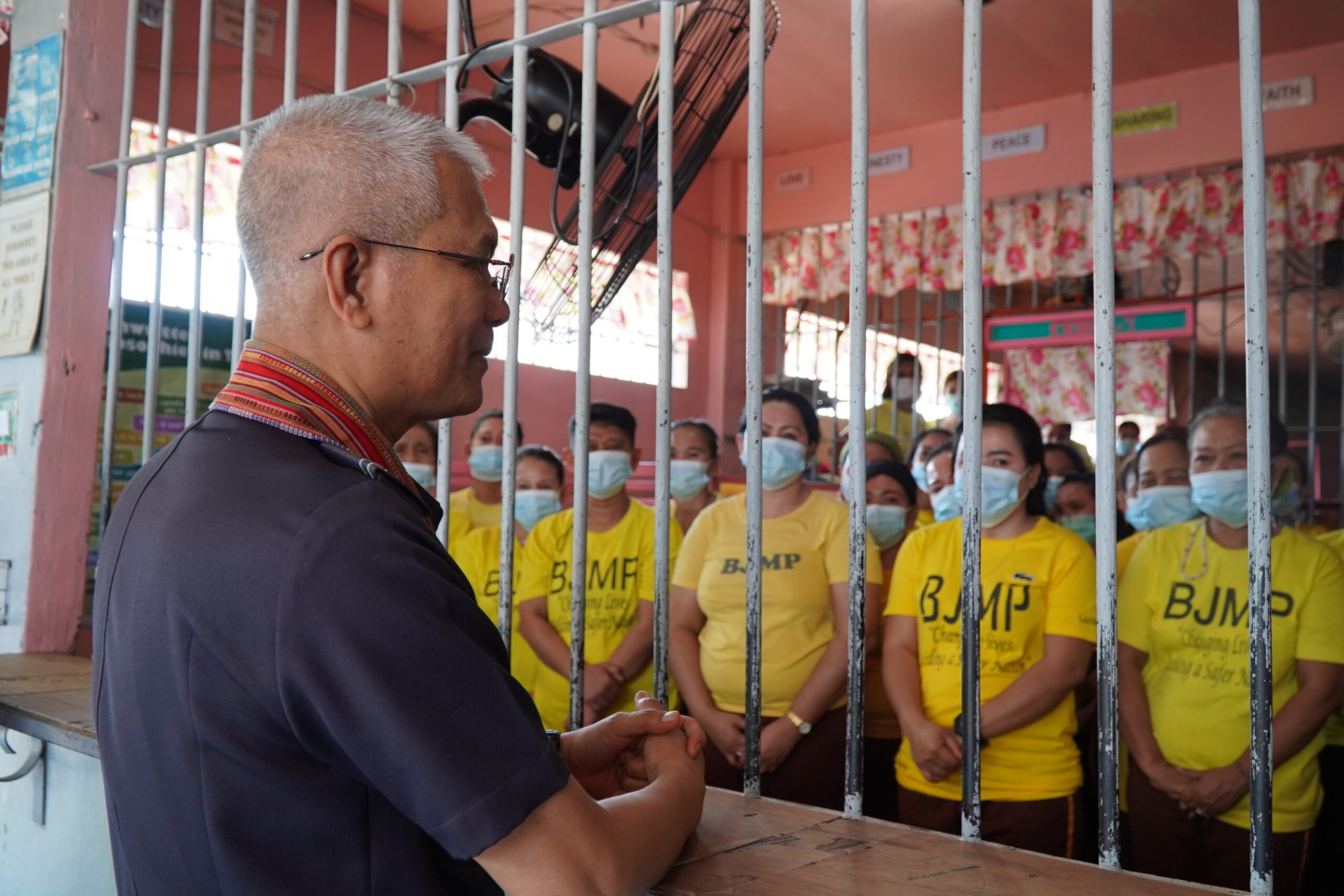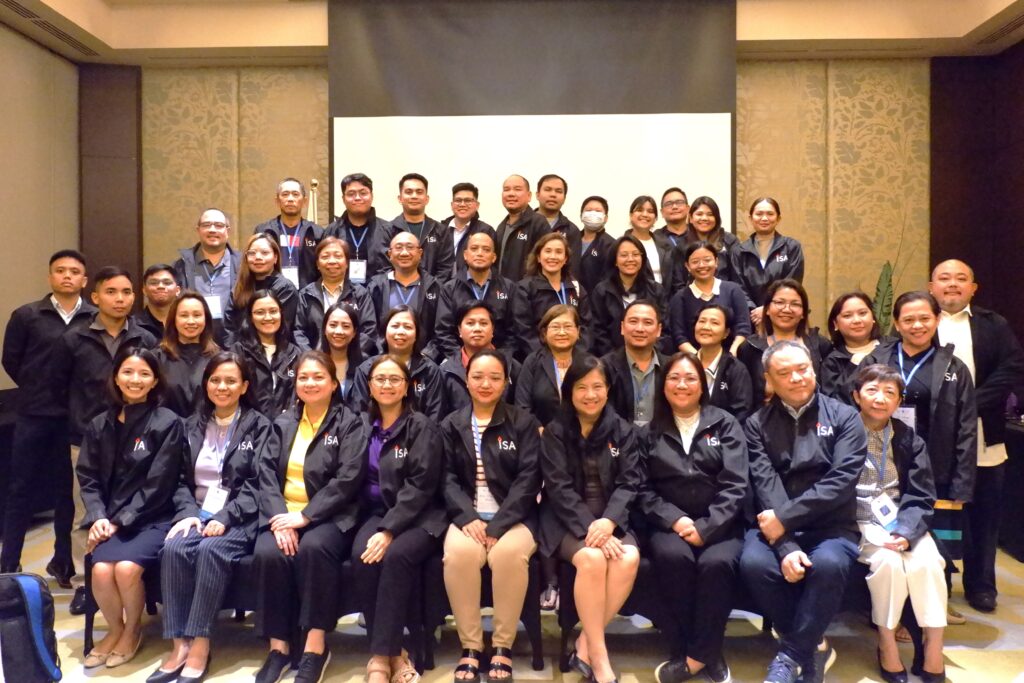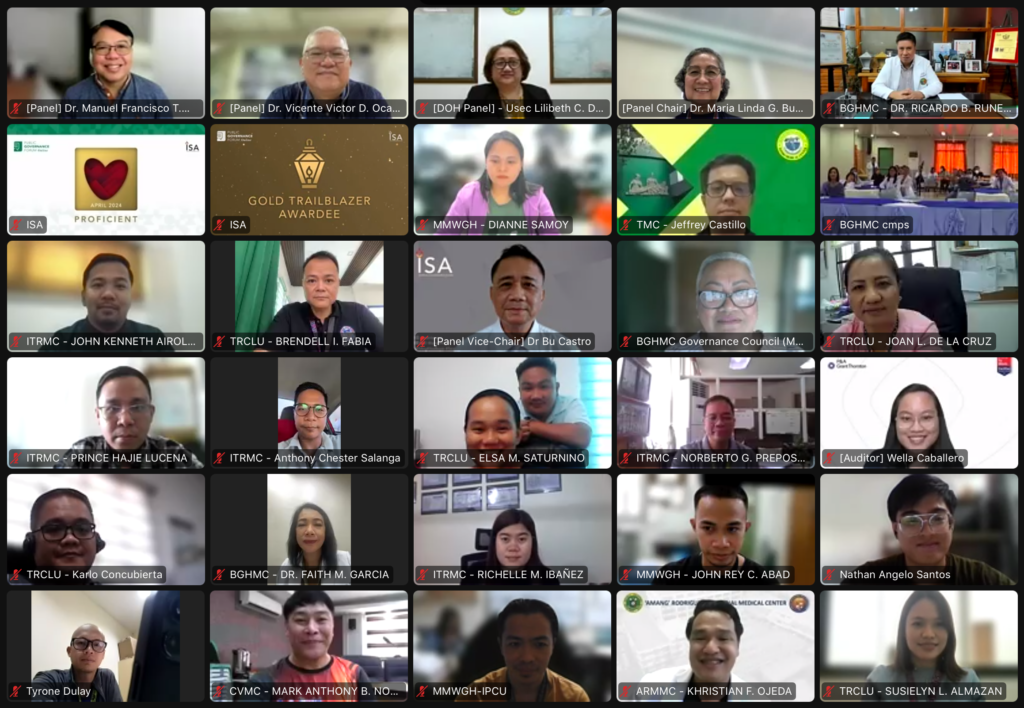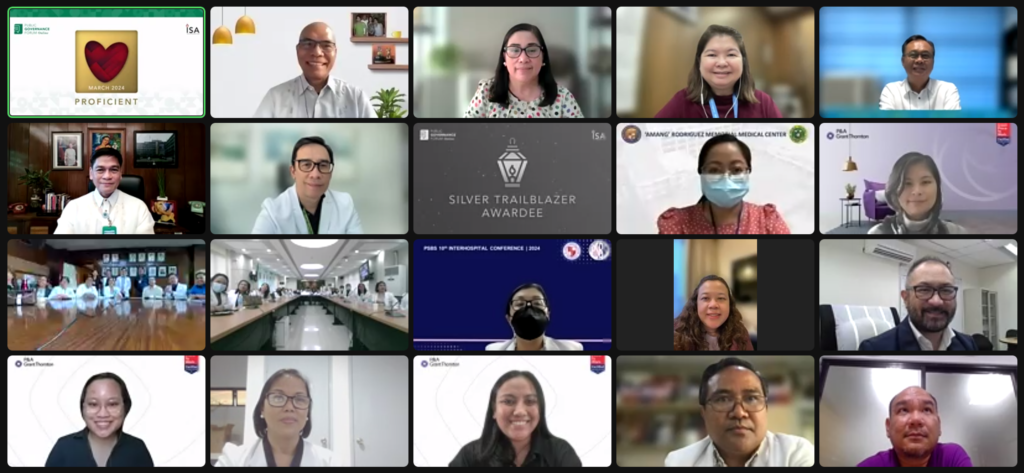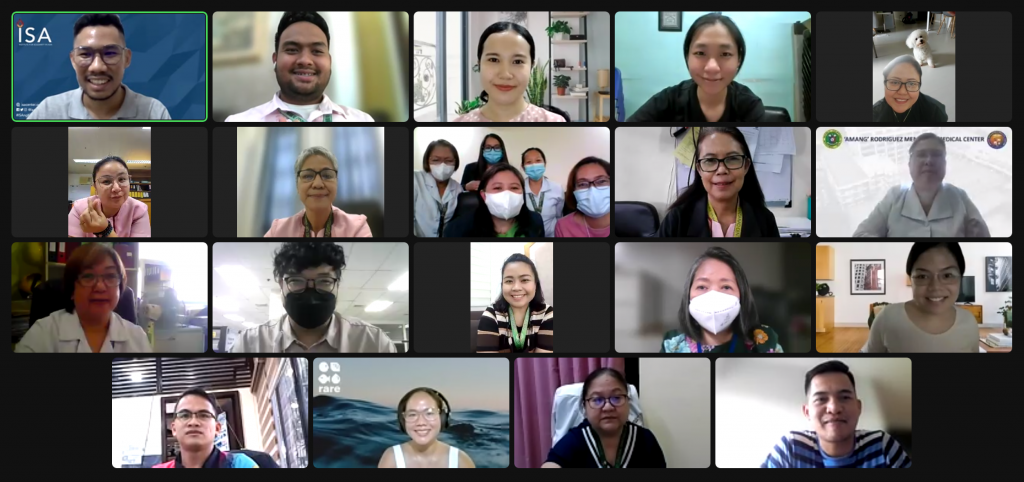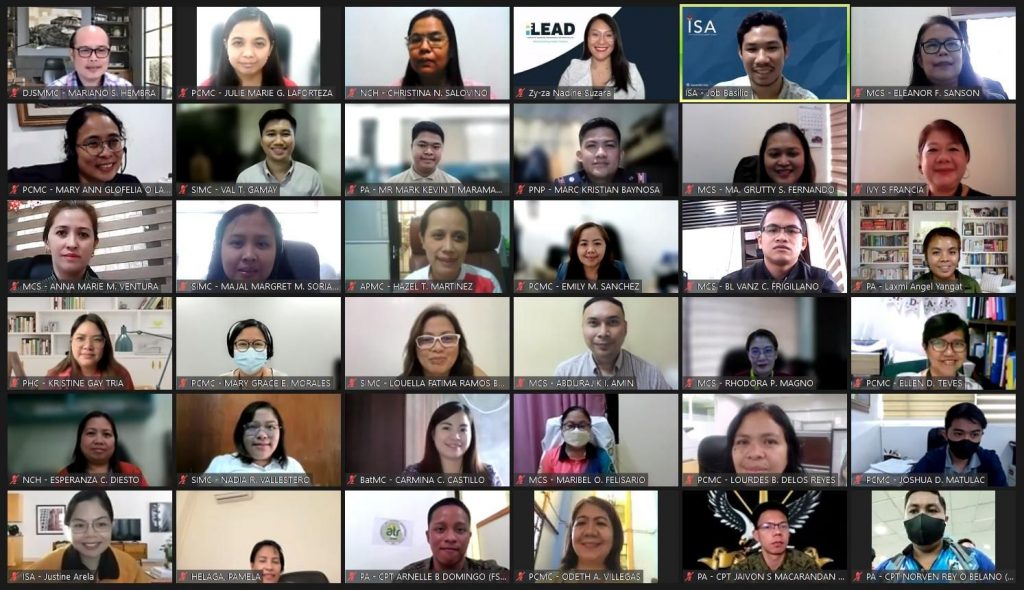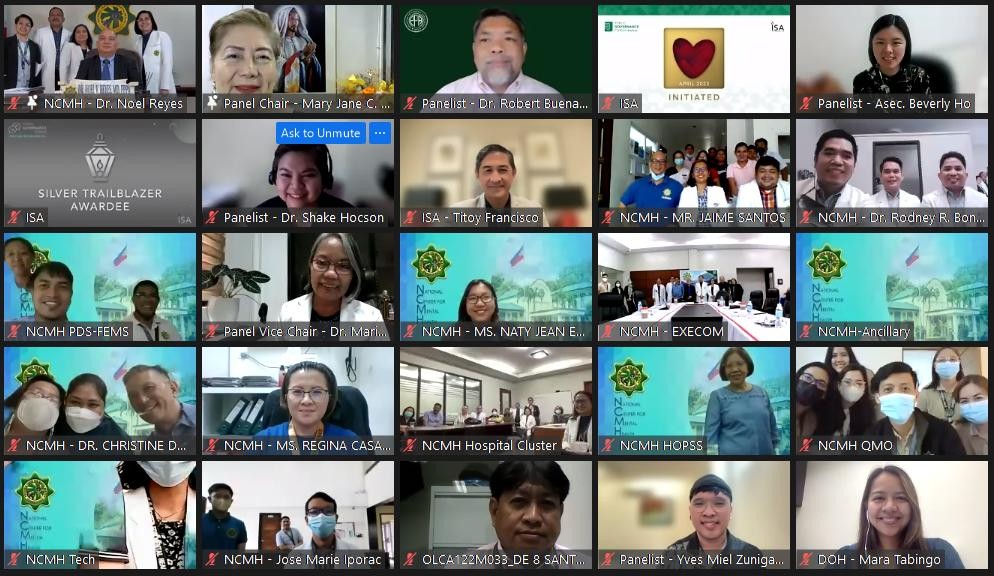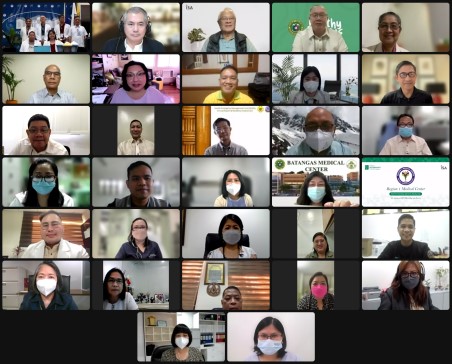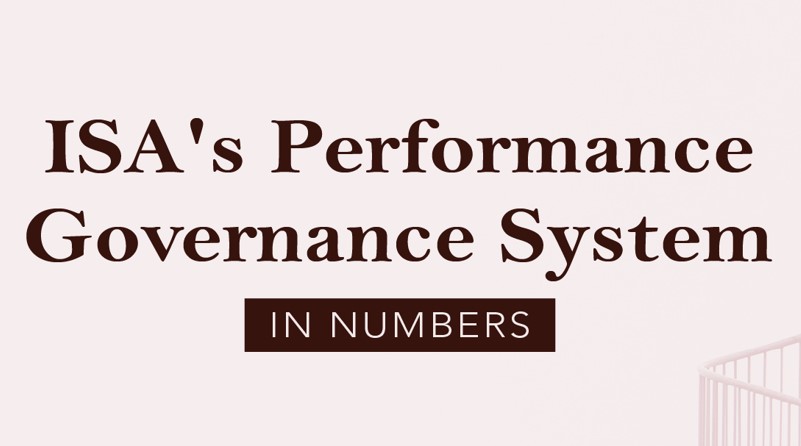With an escalating crime rate in the country, jail congestion remains a persistent challenge within the Philippine prison system. In fact, according to the Global Prison Trends report of 2023, the Philippines ranks third globally in terms of prison overcrowding with a 375% occupancy rate.
In light of the concerning figures, the nation has seen significant internal improvement. From January to October 2023, there was a 348% reduction in jail congestion rates, a noteworthy progress from the 367% record in 2022, as per the Bureau of Jail Management and Penology (BJMP). However, despite these strides, challenges persist in the rehabilitation and reintegration of persons deprived of liberty (PDL). Out of nearly 100,000 PDLs reintegrated in 2022, about 27,000 individuals have re-offended, highlighting the need for more effective measures to prevent recidivism.
For the BJMP, these disheartening statistics are no mere accidents. To them, targeted services and programs are crucial in reducing the propensity for individuals to re-offend. Embracing its motto, “Changing lives, building a safer nation,” the agency’s strategy to break the cycle of recidivism is multifaceted, but, most importantly, rooted in compassion.
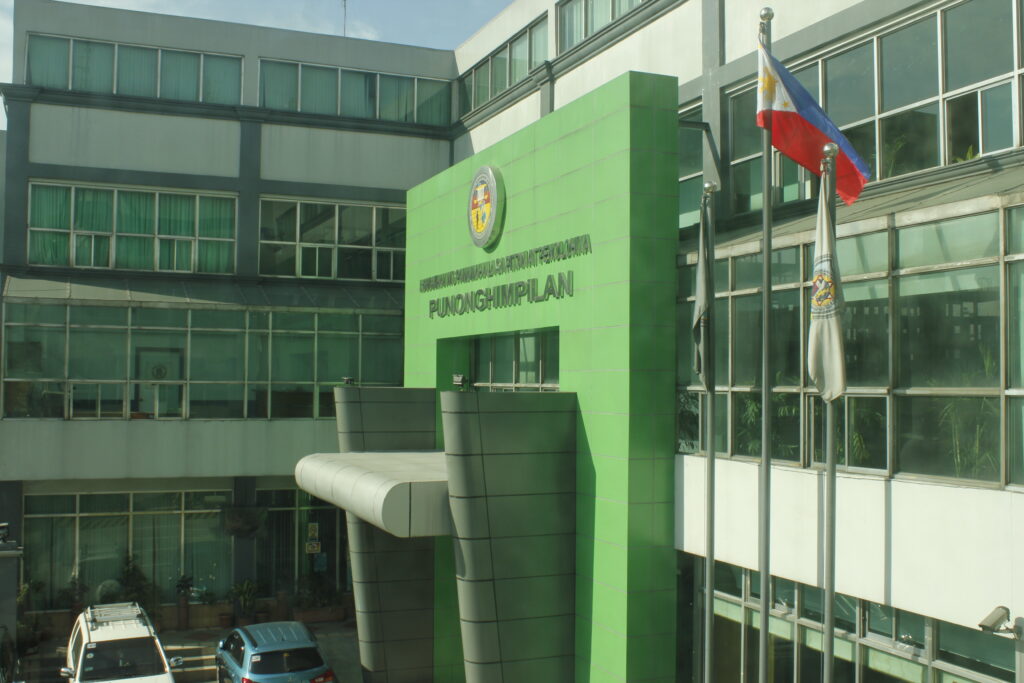
Bureau of Jail Management and Penology Headquarters in Quezon City
The BJMP is an attached agency of the Department of Interior and Local Government (DILG) and was established with the mandate of addressing the escalating issues associated with jail management and penology as one of the pillars of the Criminal Justice System. As mandated by Republic Act No. 6975, the agency oversees the operational and administrative management of city, district, and municipal jails across the nation.
To enhance its governance and operational efficiency, the BJMP has adopted the Institute for Solidarity in Asia’s (ISA) Performance Governance System (PGS). The PGS is a framework for transformation designed to help public institutions create, execute, monitor, and sustain roadmaps to long-term reform. Patterned by ISA after the Harvard Business School’s Balanced Scorecard, the PGS aims to help public institutions deliver, achieve, and sustain breakthrough goals that can continue and survive beyond change and disruptions.
In 2023, the BJMP was officially conferred the PGS Initiated Status and bagged the prestigious Gold Trailblazer Award from ISA. Led by BJMP Chief JDir Ruel S Rivera, who assumed acting chief of the BJMP in March 2023, the agency positions itself to “meet the national standards for responsive and holistic jail management guided by global best practices.”
One of its notable achievements was the significant reduction in jail overcrowding in 2023. Facing a peak congestion rate of 612% in 2017, the agency was compelled to tackle the overcrowding issue by implementing a variety of decongestion measures.
“Imagine a cell that is meant for 10 PDL is occupied by 60 PDL,” BJMP Chief JDIR RUEL S RIVERA told ISA.
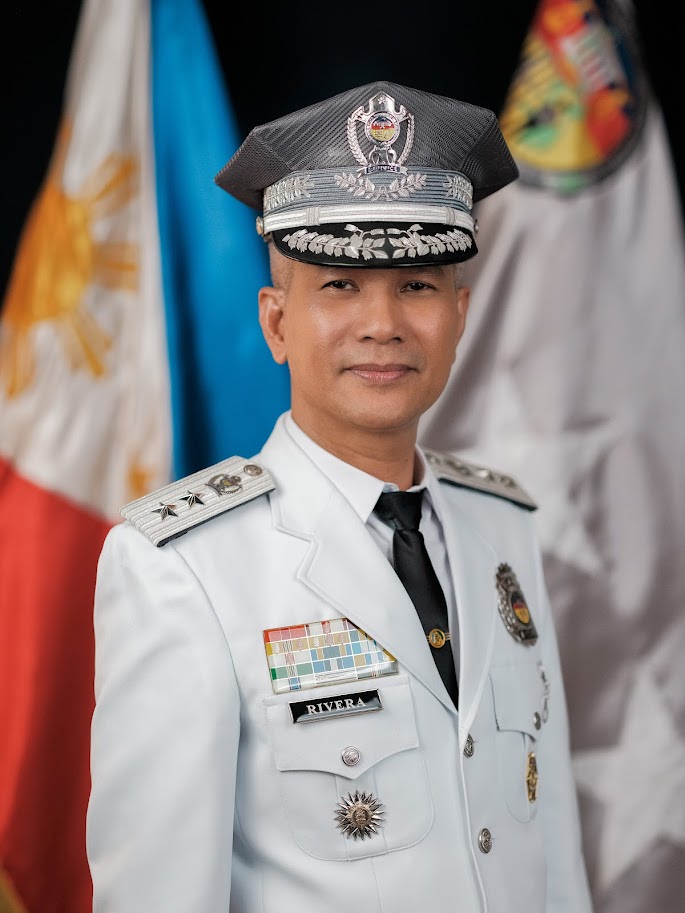
BJMP Chief JDIR RUEL S RIVERA
Among the measures the agency took to alleviate overcrowding was collaborating with external stakeholders to develop and implement policies. This collaboration led to the creation of the Community Service Act and guidelines aimed at reducing the number of inmates in holding jails. Additionally, the construction, expansion, and repair of jail facilities increased holding capacity by 16,511 spaces.
”The BJMP believes that these jail congestion initiatives pose great significance in addressing long-standing challenges in the Philippine prison system, specifically in enhancing PDLs’ living conditions, leading to effective programming and rehabilitation,” JDIR Rivera said.
BJMP aims to further reduce the congestion rate to 290% by 2028, aligning with the targets set in the Ambisyon 2040 by the National Economic and Development Authority (NEDA). Long-term decongestion strategies have been outlined in the BJMP’s Roadmap, focusing on effective community reintegration, the enactment of national policies and legislation to address operational, organizational, and overcrowding challenges, and enhanced collaborations with stakeholders.
As the BJMP makes strides in implementing improvements within its walls, it also continuously grapples with external issues particularly with recidivism, noting that 27,000 individuals in 2022 have relapsed right after their reintegration into society. To tackle this head-on, JDIR Rivera revealed the agency’s initial and most paramount step.
“First, the BJMP acknowledged the gap and identified the root cause of reoffending,” he shared. “We have identified the lack of proper PDL assessment and classification and the lack of continuity of care from jail to the community as the missing links in elevating our service quality specifically in the successful reintegration of former PDL into the society.”
Believing that non-targeted intervention services and the absence of structured reintegration programs elevate the likelihood of recidivism among PDLs, the agency has prioritized the development of tailored and needs-specific rehabilitation initiatives that aim to equip individuals with protective factors upon release, including the enhancement of income-generating skills and the completion of holistic life skills necessary for successful reintegration into society. BJMP likens this approach to administering much-needed treatment and care to a patient, which are critical for achieving complete recovery.
“First, the patient shall be assessed to know his diagnosis. Second, said patient shall then be confined for proper care and monitoring. Third, he shall be given the appropriate treatment,” JDIR Rivera explained.
“PDL Management is practically the same wherein BJMP personnel are like physicians, seeking to provide the best treatment for these PDLs from the point he [or] she entered the jail facility until his [or] her release and reintegration to the community. Thus, we saw the need to include classification and reintegration in our core functions.”
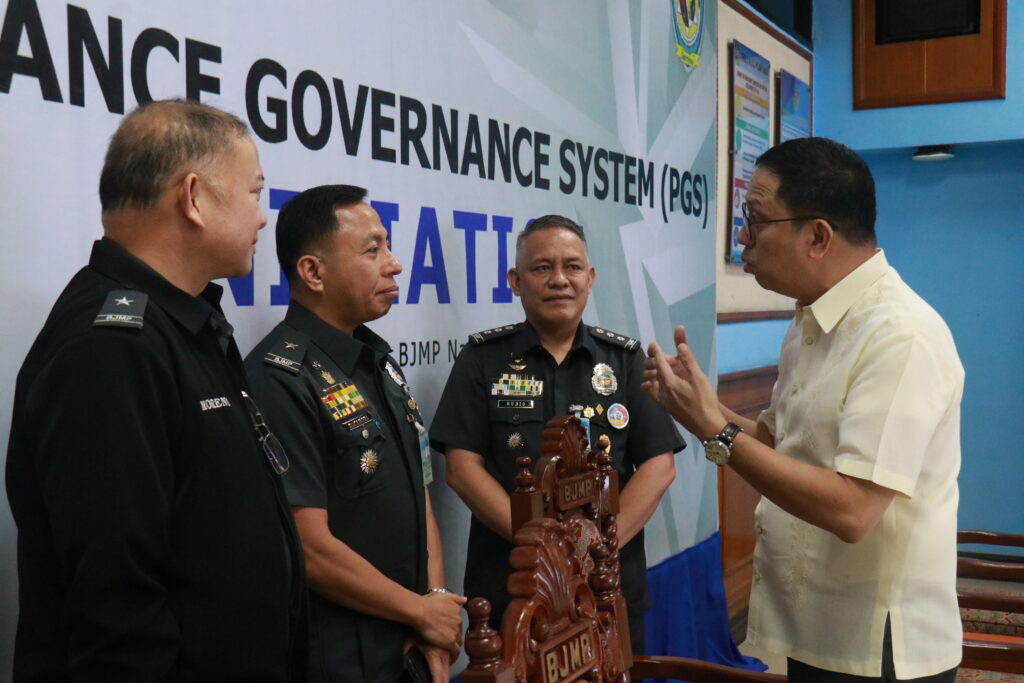
ISA Executive Director Mr. Chris Zaens (rightmost) with JCSUPT PAULINO MORENO JR, JCSUPT DENNIS ROCAMORA, and JSSUPT RENANTE RUBIO (L-R)
From its two-fold mandate to providing humane safekeeping and developmental opportunities for PDLs, ISA’s PGS framework led BJMP to formulate strategies to address the gaps and include classification and reintegration in its core functions. Now, the agency has restructured its core services into four areas: Classification, Safekeeping, Development, and Reintegration, all of which are inspired by the journey of a PDL from incarceration to eventual reintegration.
“With [the] PGS, we can now identify the PDL’s custodial risks, hence, resulting in reduced security risks. Also, through classification, our development mandate would be responsive to the current demands of the community. We can now give targeted interventions to each PDL based on classification and assessment of his specific needs,” JDIR Rivera added.
As part of its reintegration agenda, the Jail Bureau has initiated pilot projects like Second Chance Philippines, a community-based, post-release employment service for PDLs in the Davao region. With the stigma that PDLs encounter when seeking employment, this initiative aims to unlock the potential of PDLs, mending their relationships with families and communities, and engaging community involvement in the reintegration process.
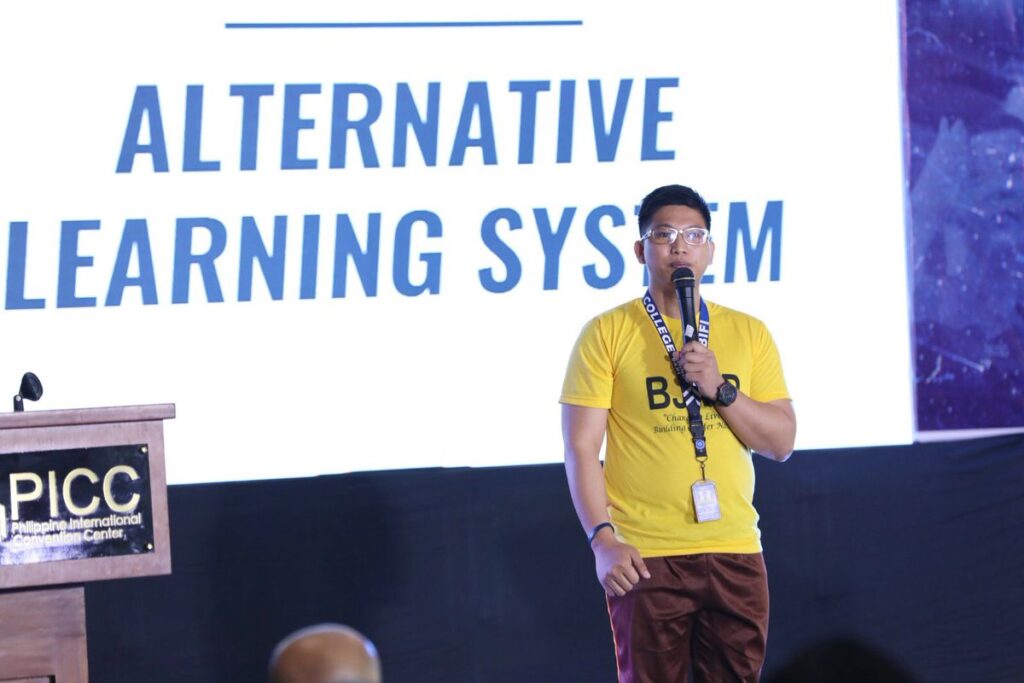
Former BJMP PDL Kenneth Apatay speaks on stage
By 2023, Second Chance Philippines had supported over 400 PDLs in the Davao Region, integrating them into livelihood initiatives such as agricultural farming and car wash services. Among the beneficiaries is Kenneth Apatay, a former PDL incarcerated in 2015 for drug-related offenses. With the assistance of Second Chance Philippines, he has successfully reintegrated into society, gradually reclaiming the life he once left behind.
“Masayang masaya po ako kasi kahit papano, paunti-unti, kumikita na po ako. Nakakatulong na po ako sa pamilya ko hanggang sa dumating ang time na marami na ring po ang nagtitiwala sakin,” Apatay shared during an interview on Kuha All!
To ensure the continued success of the comprehensive assessment and care for PDLs, the policy on PDL Classification is now ready for nationwide rollout and has since been piloted in one jail within the National Capital Region. This rollout is staged in two levels: Level 1, Partial Implementation, where Regional Directors from all regions will identify jails capable of participating in an expanded pilot throughout 2024, and Level 2, Full Implementation, which will extend to all remaining jails across the country in 2025, based on the progress of the pilot implementation.
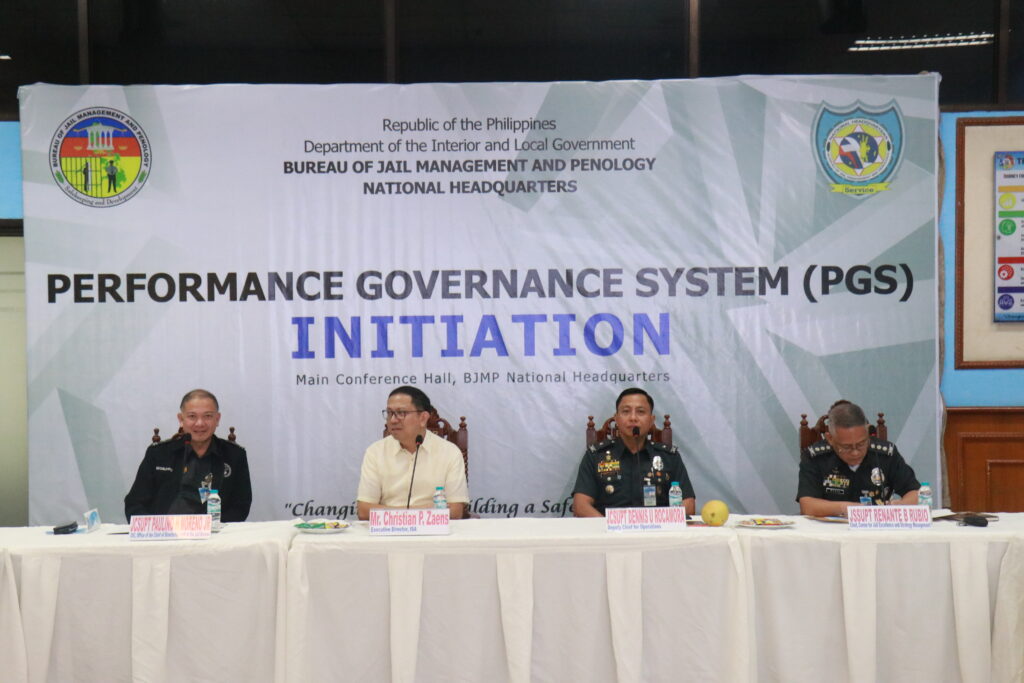
BJMP with Mr. Chistian Zaens during the agency’s PGS Initiation Revalida
For the reintegration process, the BJMP is aiming to adopt an institutionalized, whole-of-society approach for the community reintegration of former PDLs, moving away from the current piecemeal efforts by various internal and external partners. The agency is also collaborating with international partners to refine its implementation of PDL classification policies to enhance its core services of Safekeeping and Development, which “remain front and center” in the agency’s service delivery.
As the pioneering correctional institution in the country to adopt the ISA’s PGS framework, the BJMP is committed to advancing its transformation journey. Although currently in the first stage of the governance pathway, the agency believes that “a big journey begins with small steps.”
“The BJMP recognizes its level of compliance with national and international standards and sees itself as accomplishing these targets in progression,” JDIR Rivera said. “Hence, we can share our agency’s compelling transformation story that can somehow serve as a reference for other agencies toward innovation and change within the Philippine prison system and beyond.”

